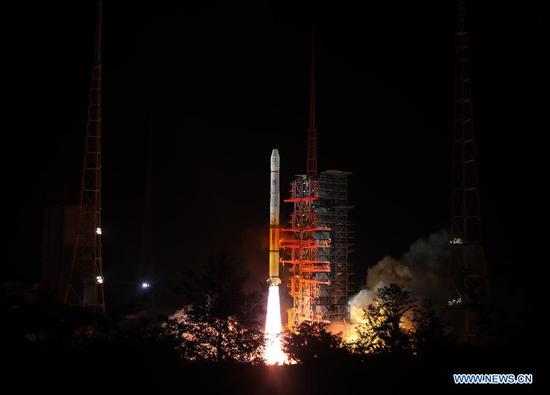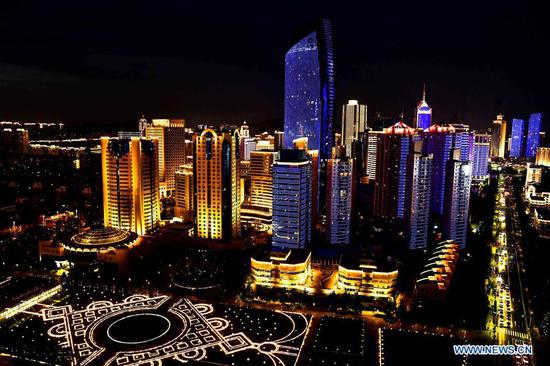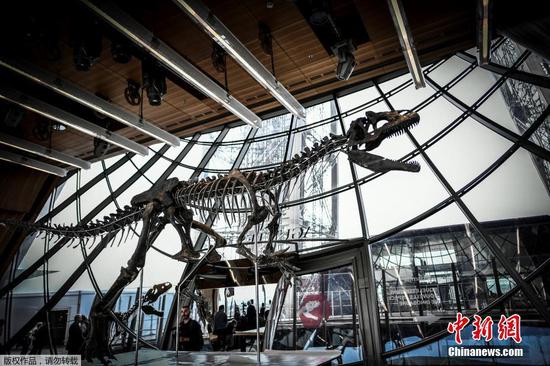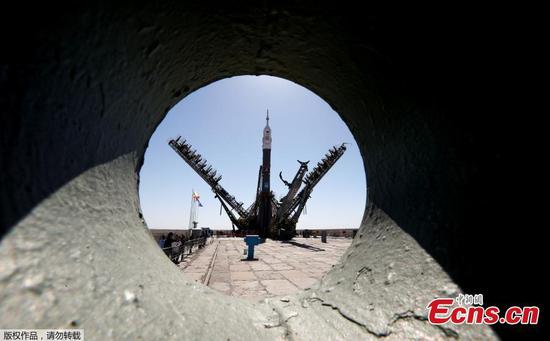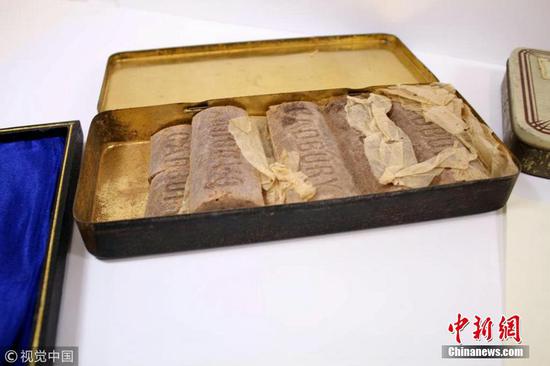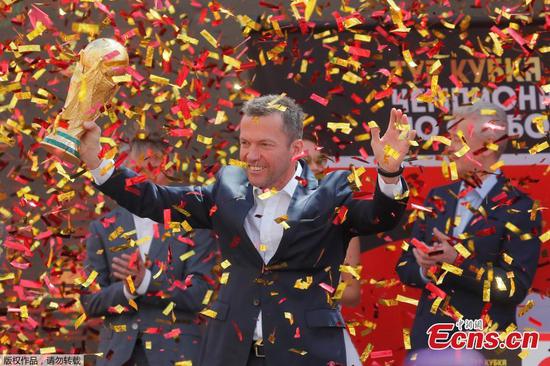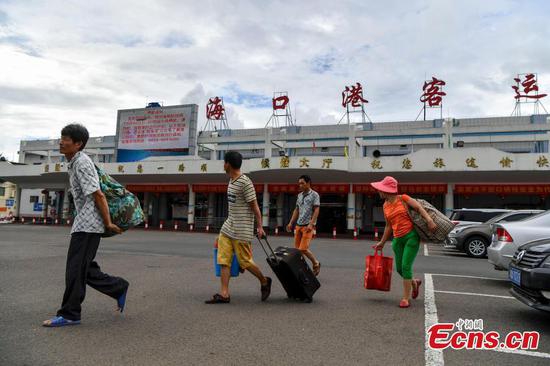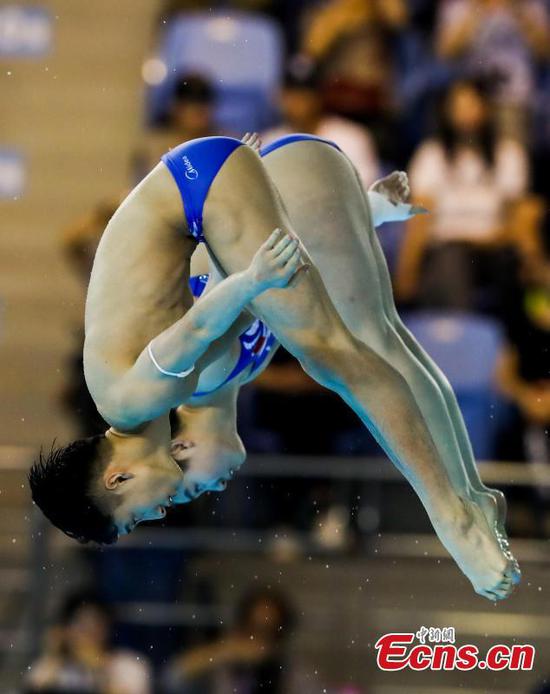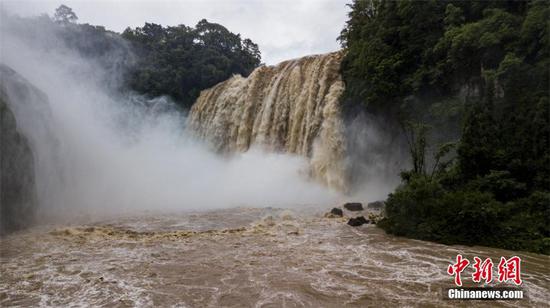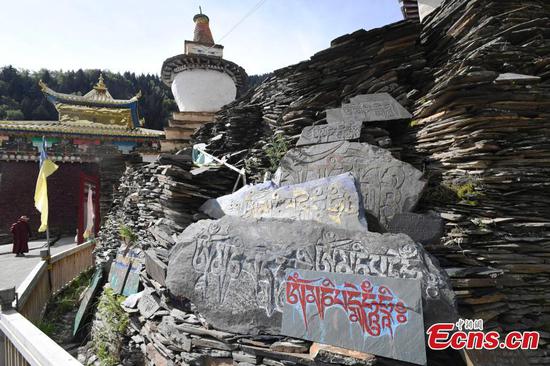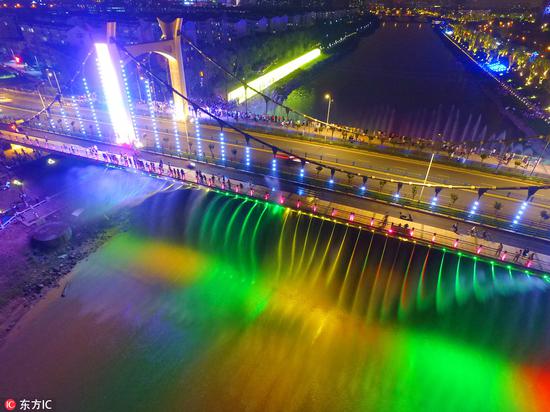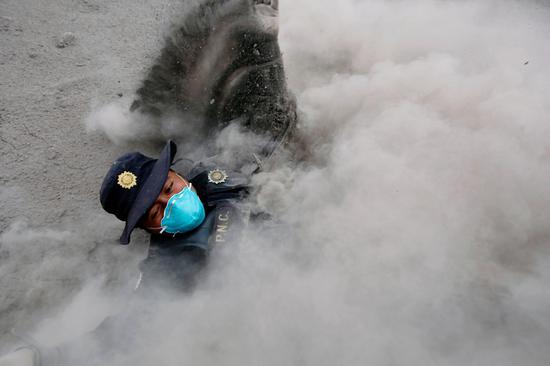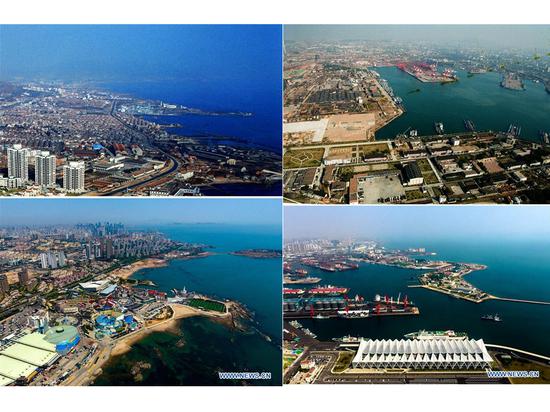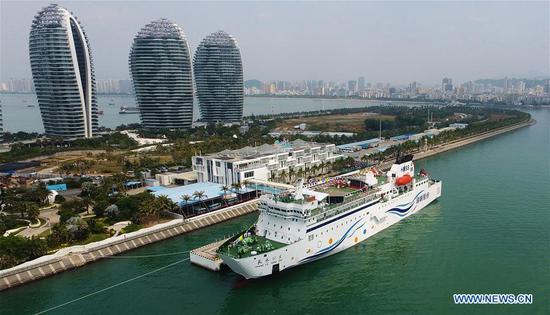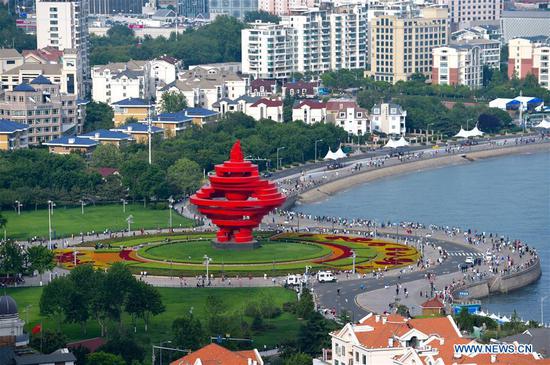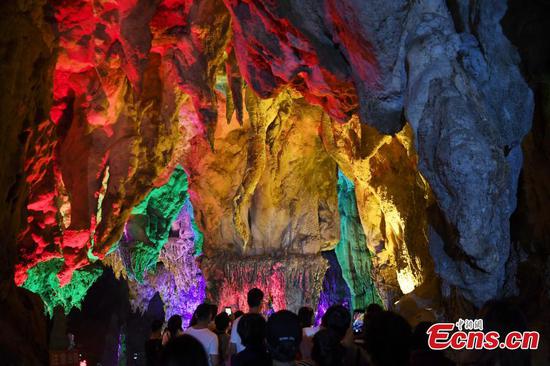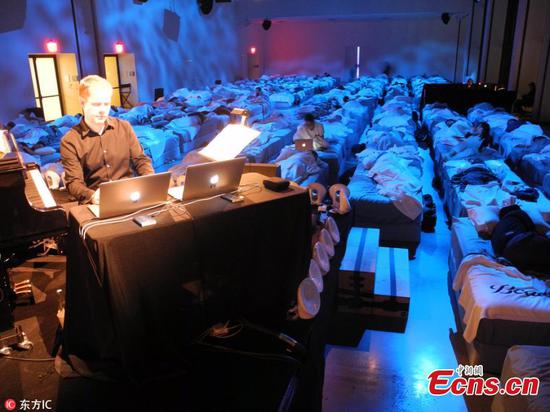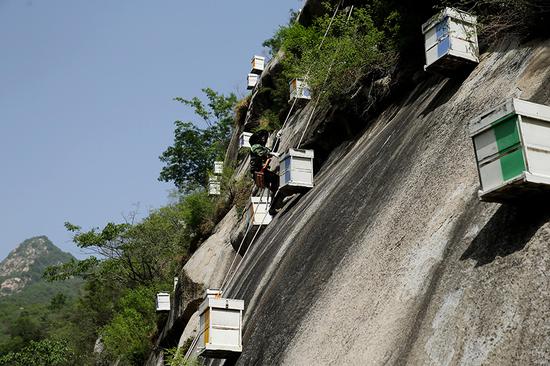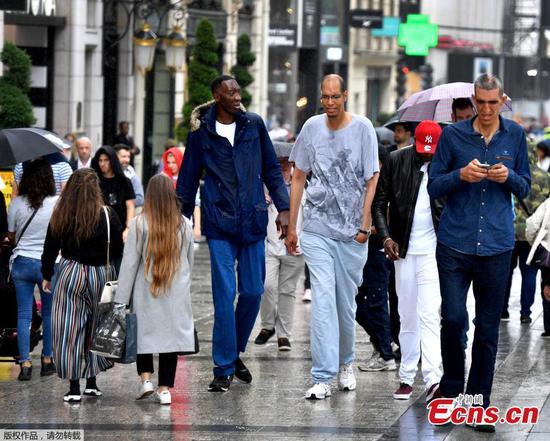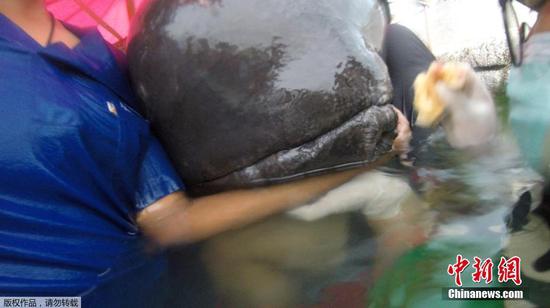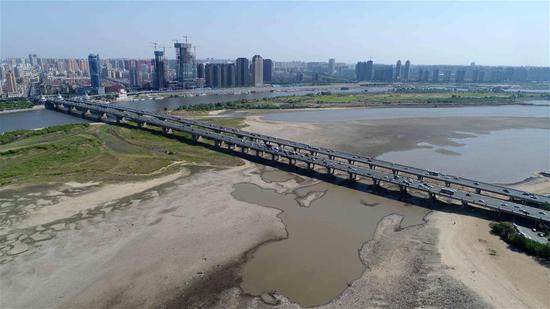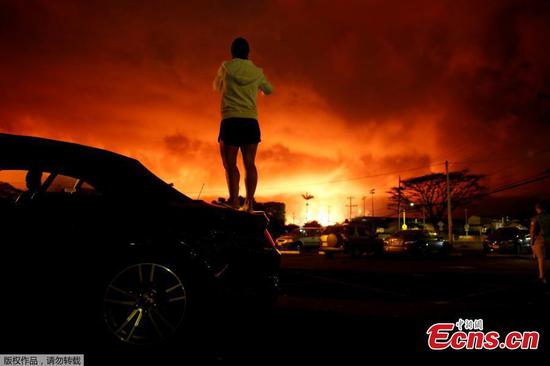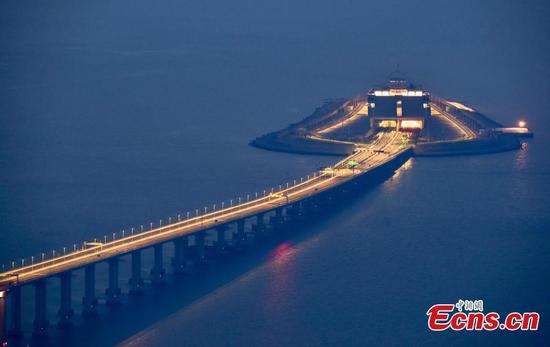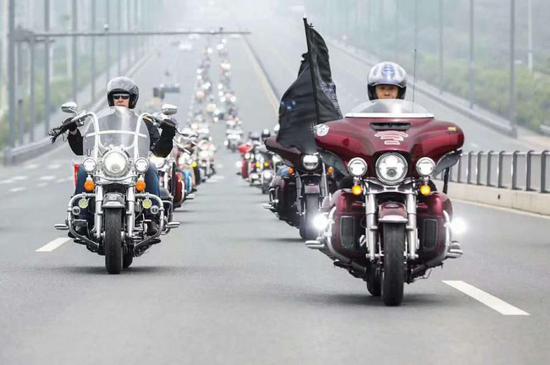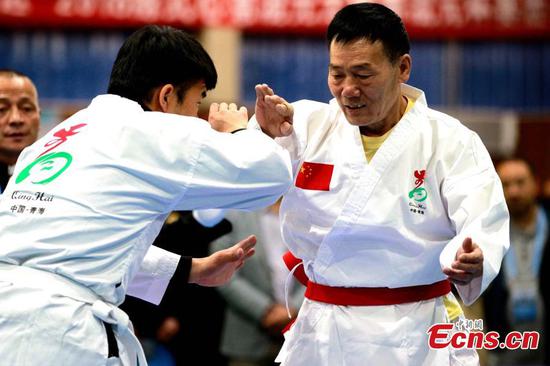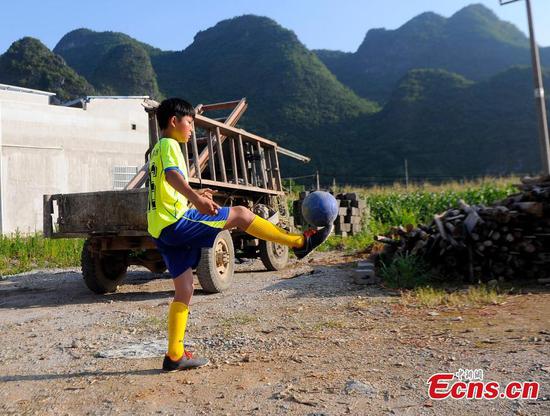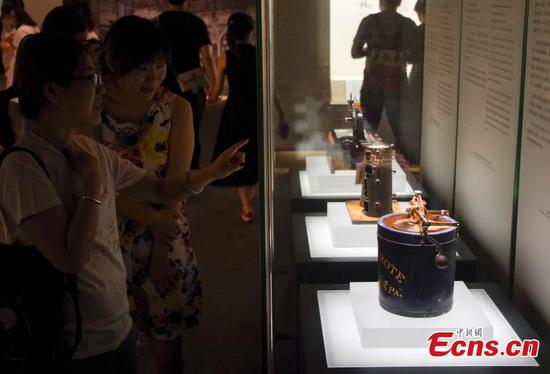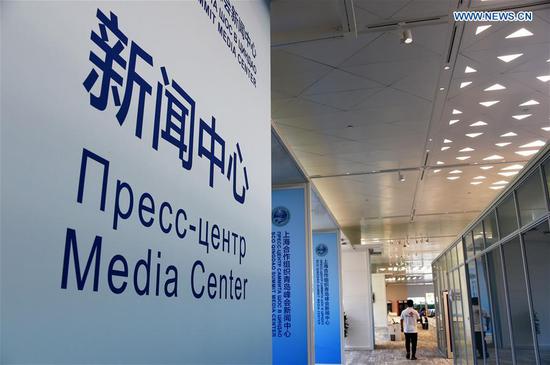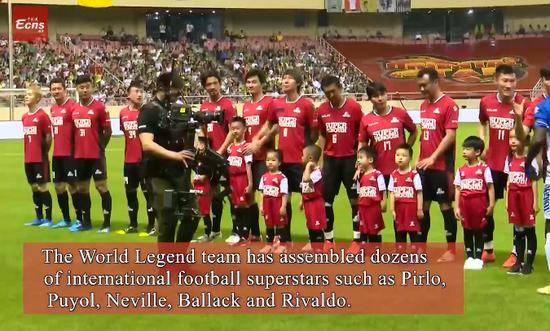International Olympic Committee president Thomas Bach attended an IOC "debrief" on the Pyeongchang Winter Games and the Beijing 2022 Olympics here on Tuesday and expressed his confidence that Beijing 2022 will set a new benchmark for the Olympic Agenda 2020.
The debriefing, which will last for five days, includes strategic and operational sessions. It also officially kicks off what is known as the "New Norm", which is the implementation plan of the Olympic Agenda 2020.
Even though the reforms of the Olympic Agenda 2020 came into effect after PyeongChang was selected as host city, the Organizing Committee did subsequently benefit from many of the Olympic Agenda 2020 recommendations. Lee Hee-beom, head of the PyeongChang 2018 Organizing Committee said on Monday that they managed to host a profitable Olympics.
"The debriefing showed that the reform of the Olympic Agenda 2020 now has really come to fruition. The most obvious is the announcement of PyeongChang 2018 that they had a multi-million dollar surplus," Bach said at a press conference held after the strategic sessions concluded on Tuesday.
"It's only possible because of the reforms of Olympic Agenda 2020 and the close cooperation with the IOC. There you can see the Olympic Agenda 2020 at work. We have turned the page with regard to the organization of the Olympics," Bach added.
Beijing 2022 will be the first Winter Games to fully benefit from the reforms from its very outset. "There are two impressive highlights from Beijing. One is sustainability. You need to look around here at the Shougang Center, [to see the] the positive effect that awarding the Olympic Games had for this area," Bach said.
The debriefing was held in the Shougang Industrial Park. The Shougang Group, one of China's largest steel enterprises, put an end to its production in the park years ago and relocated the production base in a bid to implement the national strategy of structurally upgrading the steel industry in order to improve Beijing's air quality, and support the preparations for Beijing 2008.
To promote the protection and utilization of the old industrial site, Beijing 2022 decided to base its head office in the Shougang Industrial Park, and now the workshops there have been transformed into modern office buildings.
"Chinese friends are not only talking the talk, but also walking the walk. They take sustainability really as a core issue for the organization of the Games," Bach said.
"The other is feasibility. The Organizing Committee is working with high efficiency, while making all the potential savings the Olympic Agenda 2020 is offering, and keeping the Olympic spirit alive and respecting the athlete experience. We are very confident that Beijing will set a new benchmark benefiting for the first time from all the potential of the Olympic Agenda 2020 with regard to a great organization, offering the best opportunity for the athletes and in particular sustainability and feasibility," he added.
PyeongChang kicked off an unprecedented three consecutive editions of the Olympic Games taking place here in Asia. With Tokyo 2020 and Beijing 2022 coming up, the Olympics are now in an entirely Asian cycle.
"In a way, having three Olympic Games in a row in Asia also tells us something about the vision that Asia has for the future. This vision is defined by ambition, confidence and a real can-do attitude to shape the future. Asia is looking to the future with a view to shape it for the better. As a European, I sometimes miss this Asian dynamism and faith in the future in my home continent. In Europe, it often seems that people look to the future with unease and hesitation," Bach said.
"I hope the Europeans [are] coming back and learning from Asia. You have a good future only if you shape the future. You cannot sit there and wait for a better future," Bach concluded.










